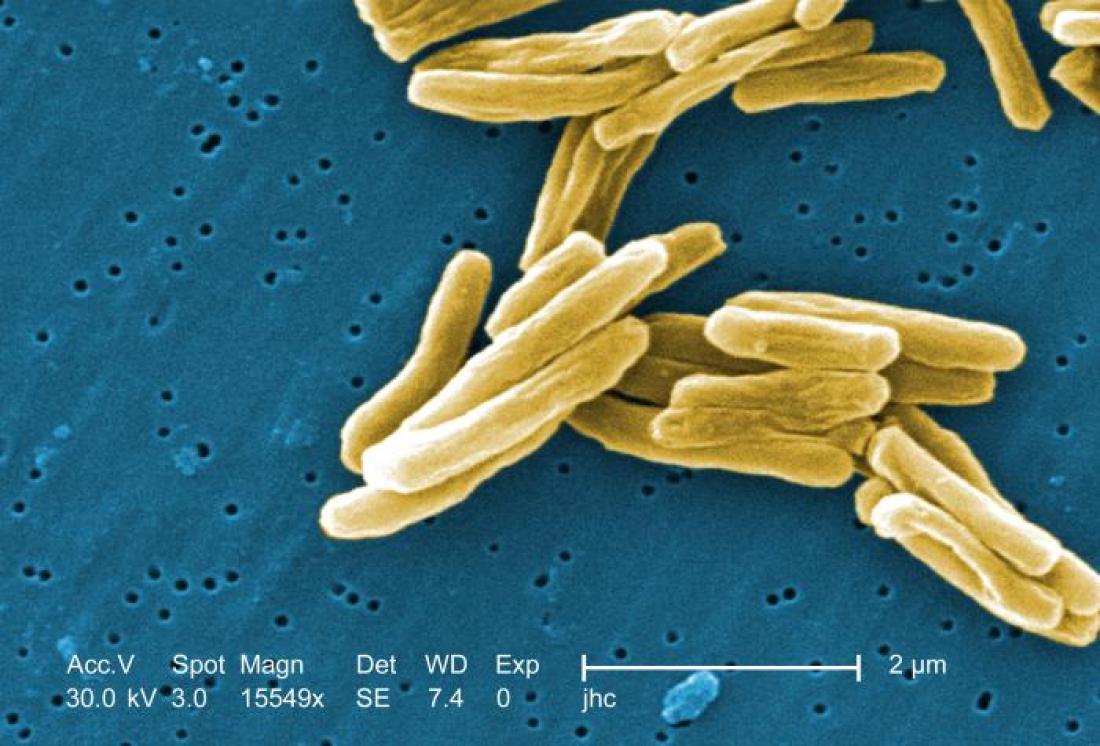Some strains of Mycobacterium tuberculosis, the bacterium that causes TB, have become resistant to most antibiotics — but researchers hope that a new synthetic molecule will be a more formidable weapon to fight them.
One-third of the world’s population is latently infected with M. tuberculosis and more than a million people die of TB each year. Multidrug-resistant strains of M. tuberculosis are spreading, and therefore the need to develop new and improved drugs is urgent.
Kevin Pethe and colleagues screened a chemical library for inhibitors of M. tuberculosis growth in macrophages and identified imidazopyrimidine amides as potential candidates. The team then optimized these chemicals in order to generate the compound Q203. This compound, which showed efficacy in vitro and in a mouse model of established TB, targets part of the M. tuberculosis electron chain and therefore inhibits ATP synthesis—which is needed for cellular energy production.
The findings support the concept of targeting ATP synthesis to potentially eradicate both active and latent M. tuberculosis and provide a new candidate for clinical validation.
CONTACT
Kevin Pethe (Institute Pasteur Korea, Gyeonggi-do, Korea)
Tel: +82 31 8018 8190; E-mail: [email protected]



